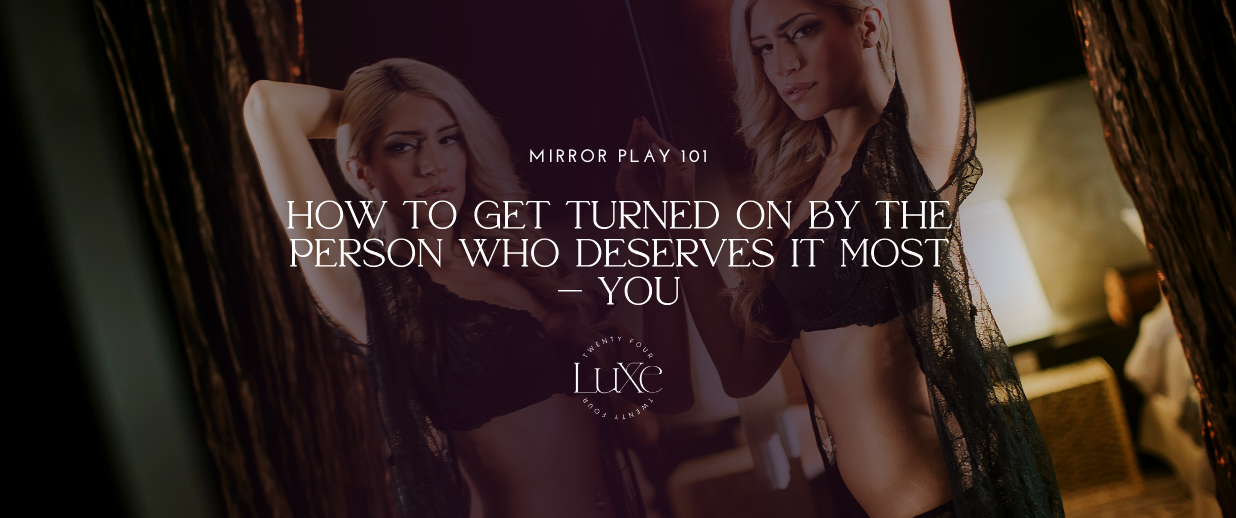The Intersection of Blackness and Kink
Black folks have always been sexual beings—despite the world trying to deny us that right. From hypersexualization to respectability politics, we’ve been fighting for control over our own bodies for centuries. So, what happens when we step into the world of BDSM—a space that’s all about power, control, and pleasure? We reclaim what’s always been ours.
But let’s be real. Kink is often seen as a “white thing.” The media, the books, the movies—it’s a parade of pale skin in leather. The result? Many Black folks feel like kink isn’t for us. That’s a lie, and I’m here to dismantle it. The Black BDSM community is growing, and more Black dominants and submissives are stepping into their power.
Historical Roots: Blackness and Kink Ain’t New
Before we dive into the myths, let’s take a little trip through history. BDSM as a practice has existed in cultures all over the world, including African societies long before Europeans even thought to put a feathered flogger to skin. Power exchange, sensation play, and rituals of submission and dominance weren’t just recreational—they were sacred.
In ancient African societies, pain and pleasure weren’t seen as opposites but as interconnected forces. Take initiation rites, for example. Many involved controlled pain, endurance, and ritualistic submission, symbolizing a transformation into a higher state of being. Sounds a lot like modern BDSM, doesn’t it? Black sexuality and kink have roots that go deeper than what mainstream narratives suggest.
Fast forward to the transatlantic slave trade, and our relationship with power dynamics got twisted. The trauma of forced submission made it hard for Black folks to explore dominance, submission, and consensual play without the weight of history pressing down. But here’s the truth: engaging in BDSM as a Black person is an act of reclamation. We get to own our bodies, our desires, and our narratives on our terms. Safe BDSM practices for people of color ensure that exploration remains affirming rather than retraumatizing.
Debunking the Myths About Black Folks in Kink
Myth 1: “Kink is for White People”
Nope. Kink has no race. It’s just been gatekept, whitewashed, and misrepresented. Black people have been practicing power dynamics, bondage, and impact play for centuries—it just wasn’t called “BDSM.” The rise of social media and online communities has helped us see that we’re not alone. Spaces like #BlackKinkTwitter and Black BDSM collectives are proof that we’ve always been here.
Myth 2: “Being a Submissive is Weak—Especially for Black Women & Men”
Let’s set the record straight. Submission isn’t about weakness—it’s about trust, strength, and choosing to surrender to pleasure. Black women, in particular, are constantly told to be strong, independent, and never let our guard down. BDSM gives us a space to be soft, to let go, and to be taken care of. And Black men? They’re often pressured into hypermasculinity, making it taboo to be submissive. But the truth is, submission is an act of power in itself. Exploring kink as a Black person means unlearning societal expectations and embracing personal desires.
Myth 3: “Slavery Play in BDSM is Anti-Black”
Let’s not get it twisted. Racist roleplay rooted in historical trauma is gross and unacceptable. Period. But power exchange, consensual degradation, and even some race play scenarios—when negotiated safely among consenting adults—aren’t the same thing. Black kinksters set their own boundaries and engage in play that feels affirming, not dehumanizing. Black-owned BDSM spaces offer environments where these dynamics can be explored safely and with cultural understanding.
Why Black Representation in BDSM Matters
Representation matters in everything, but especially in spaces that deal with sexuality and power. When Black kinksters are visible, it tells the next generation that we belong here. Seeing Black dominants, submissives, switches, rope artists, and leather daddies thriving in BDSM spaces shatters the illusion that we’re outsiders. BDSM education for Black people is essential in making this space more accessible and inclusive.
There’s power in embracing kink as a Black person. It’s an act of self-love, self-discovery, and radical pleasure. So, whether you’re new to BDSM or a seasoned pro, remember this: Black folks have always been here. We’re not just part of the conversation—we are the conversation.
Now, go out there and reclaim your pleasure. You deserve it.





